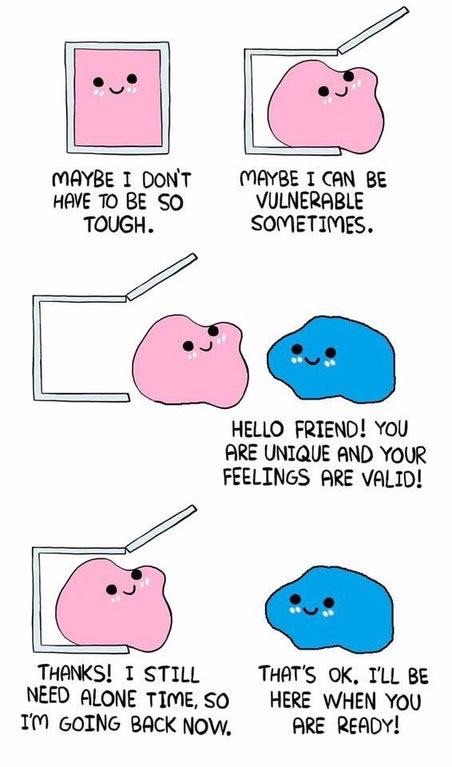For a long time, I thought relationships were just about chemistry and compatibility. However, over the years and honestly, through a lot of trial and error I’ve learned that what really makes or breaks a relationship is something deeper: emotional safety.
Emotional safety is what allows people to show up as their true selves, to be vulnerable, and to trust that they won’t be shamed, judged, invalidated or manipulated.
When I feel emotionally safe, I can exhale. I can be myself without overthinking, without bracing for criticism, without worrying that I’ll be punished for being honest. But when I don’t feel safe? I shut down. I hide pieces of myself. I shrink. I withdrawal. I give up.
As I continue my self-healing journey, I’m learning what emotional safety means to me—the ways I’d like to receive it and the ways I hope to provide it to my future life partner.
Here are a few practices one can consider when build emotional safety:
1. Consent: Asking First
Consent isn’t just about intimacy—it’s about everyday interactions. Asking before acting communicates care and respect.
- Can I text you during the day?
- Do you prefer I call you?
- Can I kiss you?
When you ask, you give the other person agency. You remove assumptions. You send the message: “Your comfort matters to me.”
2. Respect: Honoring Boundaries
Respect means more than just hearing “no.” It means accepting “no” without pouting, pushing, re-phrasing the request or trying to change someone’s mind. As the saying goes, “If you can’t accept my no, then my yes doesn’t mean anything.”
Respect also includes honoring yourself. Don’t say “yes” when you mean “no.” Don’t agree to things just to please someone else. I used to agree to things just to avoid conflict or keep someone happy. But that only left me feeling resentful. Boundaries make connections stronger, not weaker
3. Listening: Showing You Care
Listening goes beyond nodding your head. It’s about remembering small details, circling back to past conversations, and asking thoughtful questions:
- How does that make you feel?
- What does that mean to you?
Few things make me feel more cared for than when someone remembers something I mentioned weeks ago or asks a thoughtful question like, “Do you want advice or just a listening ear?” It’s in the little things: checking in, showing curiosity, where real connection grows.
4. Self-Expression: Space to Be Yourself
Emotional safety thrives when both people feel free to fully express themselves. It’s the friendship side of relationships: supporting someone as they dance in the kitchen, singing off-key in the car, or geeking out on their favorite topic
When someone feels safe enough to be their authentic self, connection deepens naturally.
5. Acceptance: Choosing Care Over Criticism
A safe relationship isn’t built on nitpicking. Unless someone is crossing a real boundary, keep unnecessary criticism to yourself. By all means, tell someone if they have lettuce in their teeth or need a breath mint—but don’t make them feel small for how they dress, what hobbies they enjoy, or how they choose to show up in the world.
Acceptance creates freedom. Criticism creates walls.
At its core, emotional safety is about trust. It’s knowing that your heart, mind, and quirks can be shared without fear of ridicule or rejection. It’s the quiet confidence that says: “Here, you are safe. Here, you are loved as you are.”

Stay blessed. Remember, you are loved❤️